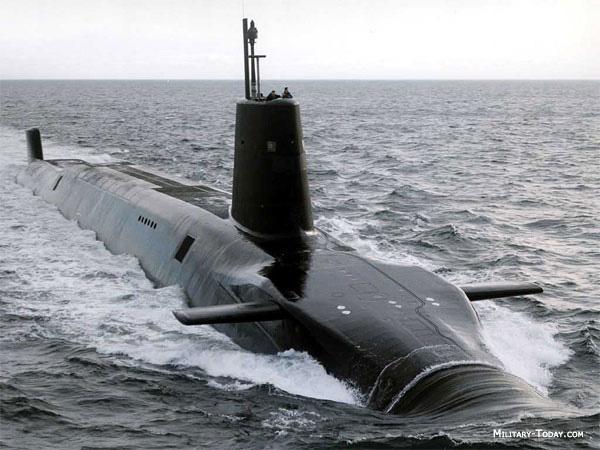
 Algerian Sailors conduct Maritime Interdiction Operations (MIO).INSETS IS OF THE NAVY'S SUBMARINES AS THEY TAKE POSITION IN THE MEDITERRANEAN SEA.
Algerian Sailors conduct Maritime Interdiction Operations (MIO).INSETS IS OF THE NAVY'S SUBMARINES AS THEY TAKE POSITION IN THE MEDITERRANEAN SEA.ALGERIAN NAVY IS THE PRIDE OF ITS DEFENCE WEAPONS SYSTEMS
The Algerian National Navy (ANN; Arabic: القوات البحرية الجزائرية) is the naval branch of the Algerian military. The navy operates from multiple bases along the country's nearly 1,000 km (620 mi) coastline, fulfilling its primary role of monitoring and defending Algeria's territorial waters against all foreign military or economic intrusion. Additional missions include coast guard and maritime safety missions as well a projection of marine forces (fusillers marins). Algerian forces are an important player in the Western Mediterranean.
As with other Algerian military branches, the navy was built and
structured with assistance from the Soviet Union during
the Cold War, but has also relied on other sources
for equipment in some areas. Since the end of the Cold War, Russia has
remained an important partner, but Algeria has increasingly sought additional
sources for equipment as well as building its own shipbuilding capacity.
The Algerian Navy played an important role in the western
Mediterranean between the sixteenth and eighteenth centuries. It was a leading
military force that ensured not only the defense of the Regency of Algiers, but
also of international shipping traveling through the Mediterranean. Notable
legendary leaders were the Barbarossa brothers, Kheir Edine and Hassan Agha.
NO nation save for South Africa and Egypt have the level of
technological advancement of the military strength of Algeria.
Bases[edit]
Principal naval bases are located at Algiers, Annaba, Mers el-Kebir, Oran, Jijel and Tamentfoust. Mers el Kébir is home to the
OMCN/CNE shipbuilding facilities where several Algerian vessels have been
built. Algeria's naval academy at Tamentfoust provides officer training
equivalent to that of the army and the air force academies. The navy also
operates a technical training school for its personnel at Tamentfoust.
Equipment[edit]
The bulk of the Algerian Navy is still based on Cold War
designs, although work is being done to both acquire new platforms as well as
modernize existing equipment. The surface fleet is equipped with a mixture of
smaller ships well suited to coastal and Exclusive Economic
Zone (EEZ) patrol
work. The fleet is led by three Koni class frigates which have been updated with more
modern systems. These are due to be augmented in the coming years by a pair of MEKO
A-200 frigates which
will represent the most modern equipment of the navy when they enter service,
also, Algeria signed a contract with China Shipbuilding Trading Company for the
construction of three light frigates about 2,800 tons full load. A mixture of
six corvettes and off-shore patrol vessels complement the frigates, while a
large number of smaller boats cover the role of coastal patrol. Algeria had
maintained a relatively large fleet of Osa class fast attack craft by the end of the Cold War, but it is
questionable whether any of these remain in operational use.
Algeria has had a small submarine presence in the Mediterranean
with a pair of Kilo class patrol submarines, though the recent
acquisition of an additional four upgraded boats will expand this presence
significantly. Their amphibious warfare capacity has traditionally been limited
with a small group of landing ships essentially for coastal transport roles.
This capacity will be greatly upgraded with the planned acquisition of an
amphibious transport dock capable of supporting more robust operations. In the
area of civil support, the purchase of seagoing rescue tugs will mark the first
ability of an African nation to provide valuable services to economic and
commercial operators in the Western Mediterranean.
The Algerian military has long maintained a strong veil of
secrecy over its organization and equipment, making an exact accounting of
operational vessels difficult to ascertain. Open sources are known to vary
widely in their reports of several aspects of Algerian equipment.
No comments:
Post a Comment